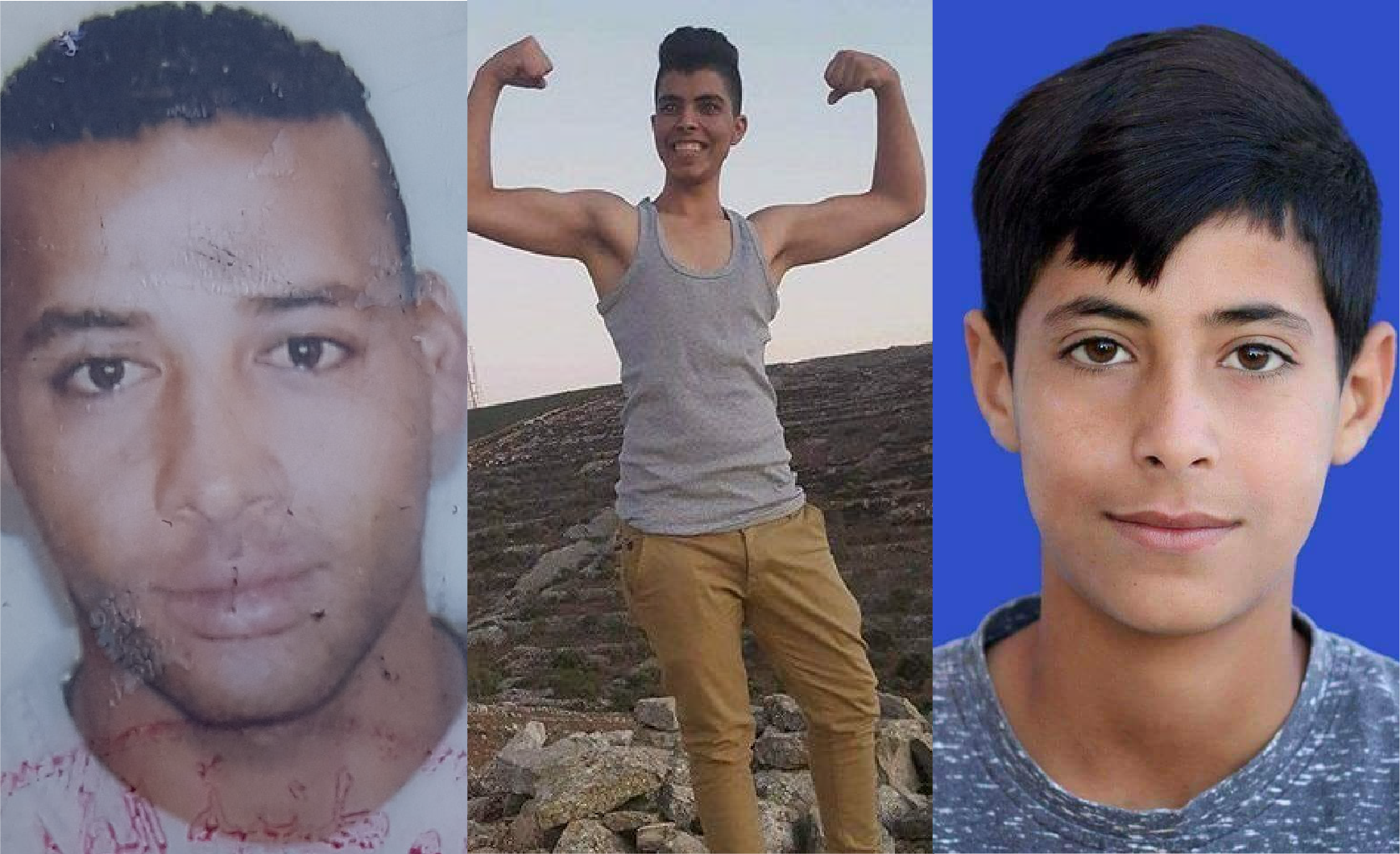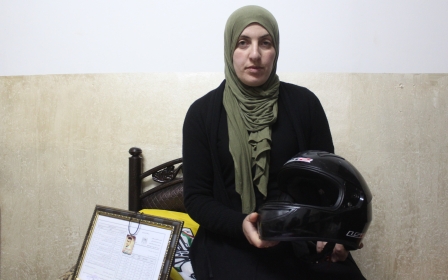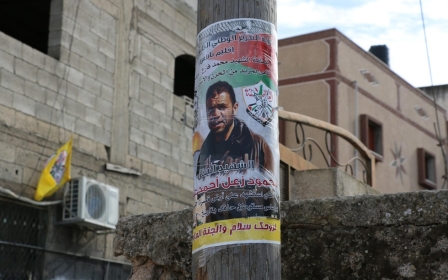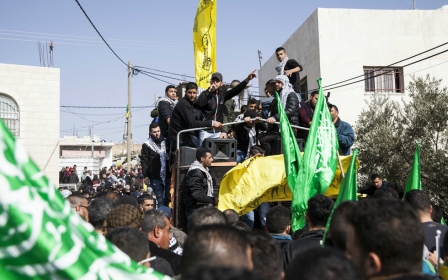Israeli military 'fig leaf' dismissed killings of Palestinians, says rights group

A military body responsible for investigating the killings of three Palestinians closed their cases without justification, in the same way it had dismissed dozens of other killings by the Israeli army, rights group B'Tselem said on Monday.
Ali Omar Nimer Qinu, 17, Layth Abu Naim, 16, and Yassin Omar Sliman al-Saradih, 35, all from different towns in the occupied West Bank, were killed in early 2018 by Israeli soldiers.
B'Tselem said the investigations were carried out by the Military Advocate General (MAG) Corps to “create an illusion of functioning accountability” within the army’s system.
The MAG Corps is an Israeli army body that investigates the conduct of soldiers on the ground, but not senior military personnel or government officials that set the army’s policy.
B’Tselem said in a statement that it conducted an independent investigation into each killing, and found the deaths unjustified and that the circumstances around the killings “should not have had fatal consequences - not even by the standards of military regulations”.
New MEE newsletter: Jerusalem Dispatch
Sign up to get the latest insights and analysis on Israel-Palestine, alongside Turkey Unpacked and other MEE newsletters
In May 2016, after 25 years of dealing with the law enforcement body, B’Tselem stopped cooperating or filing complaints to the MAG Corps, whom it called “The Occupation’s Fig Leaf.”
It said that the Israeli army system is not seeking to uncover facts that lead to promoting justice.
“Rather, it is primarily aimed at defending the perpetrators, while creating the illusion of a functioning system so as to deflect criticism.”
The MAG Corps is not directly accessible for Palestinian victims’ families, who need to file a complaint through an NGO, private lawyers or rights groups, and relies on testimonies of the soldiers at the scene.
Amit Gilutz, the B’Tselem spokesperson, told Middle East Eye: “We have cooperated with the MAG Crops on hundreds and hundreds of cases where soldiers beat, killed, looted, injured or maimed Palestinians, and we gained a very detailed information about the inner working of the system, and we came to a conclusion after 25 years that it is a whitewashing mechanism that protects the perpetrators rather than their victims.”
Gilutz said that the law enforcement system in the Israeli army does not make the effort to be accessible to Palestinians.
“There’s a language barrier, geographic barriers, of where people need to come,” Gilutz said.
Ali Omar Nimer Qinu, 17, was shot in the head in the West Bank village of Iraq Burin on 11 January 2018. Qinu and his friends had thrown stones at Israeli soldiers sitting in a jeep.
B’Tselem said that according to the Israel army’s open-fire regulation, “shooting to kill is permitted only when the lives of security forces or other persons are in danger”, and only when there are no other means of avoiding the danger.
Another Palestinian killed was 16-year-old Layth Abu Naim, who was critically injured in al-Mughayir after being shot in the head with a rubber-coated bullet from 20 metres away.
Abu Naim was shot on 30 January 2018. He succumbed to his wounds in the hospital.
Yassin Omar Sliman al-Saradih was critically injured on 22 February 2018 in the town of Jericho, when an Israeli soldier shot him after he attempted to attack soldiers with an iron bar.
B’Tselem said that footage of the incident showed soldiers beating, kicking and dragging Saradih, even though he lay injured on the ground. He later succumbed to his wounds.
Middle East Eye delivers independent and unrivalled coverage and analysis of the Middle East, North Africa and beyond. To learn more about republishing this content and the associated fees, please fill out this form. More about MEE can be found here.




